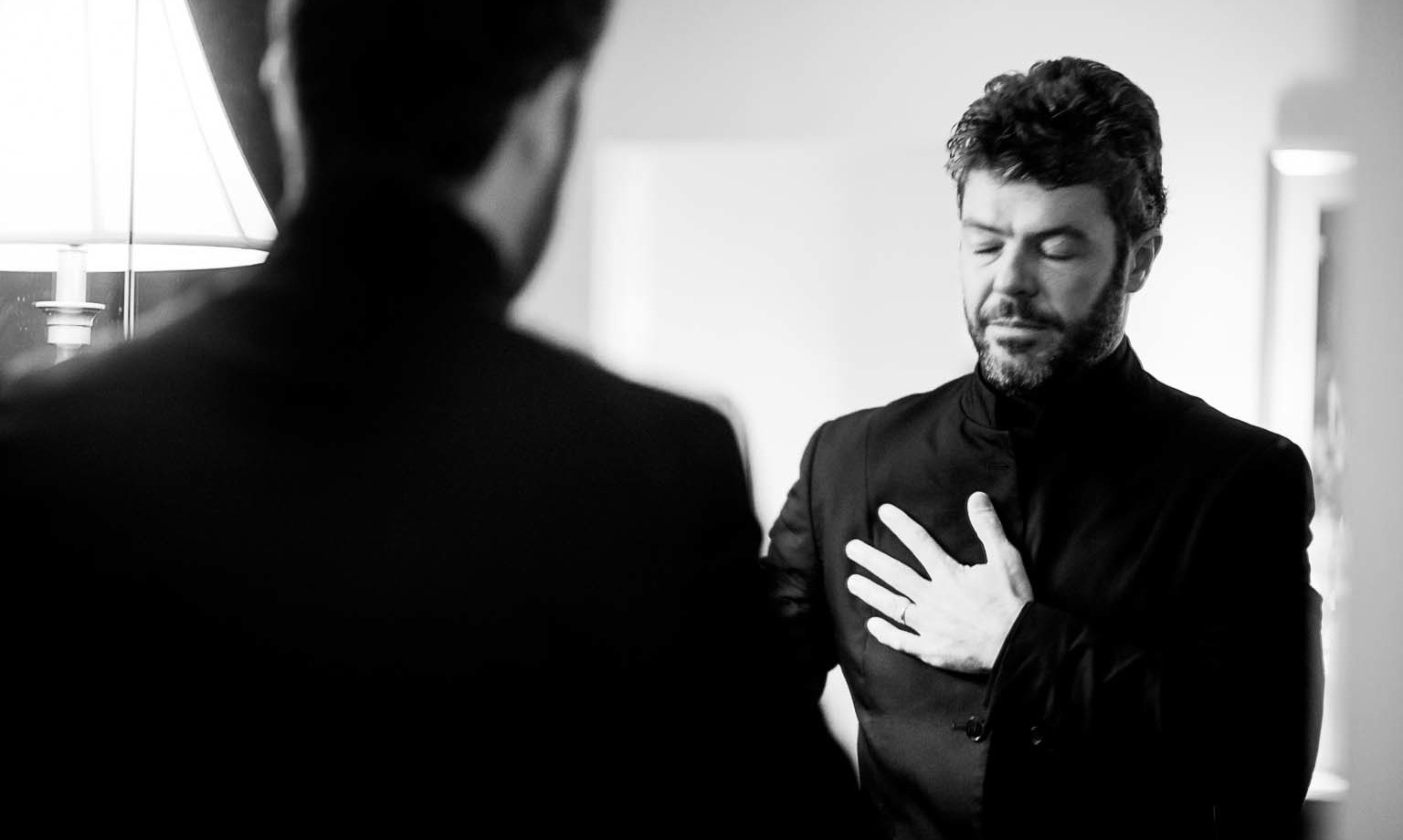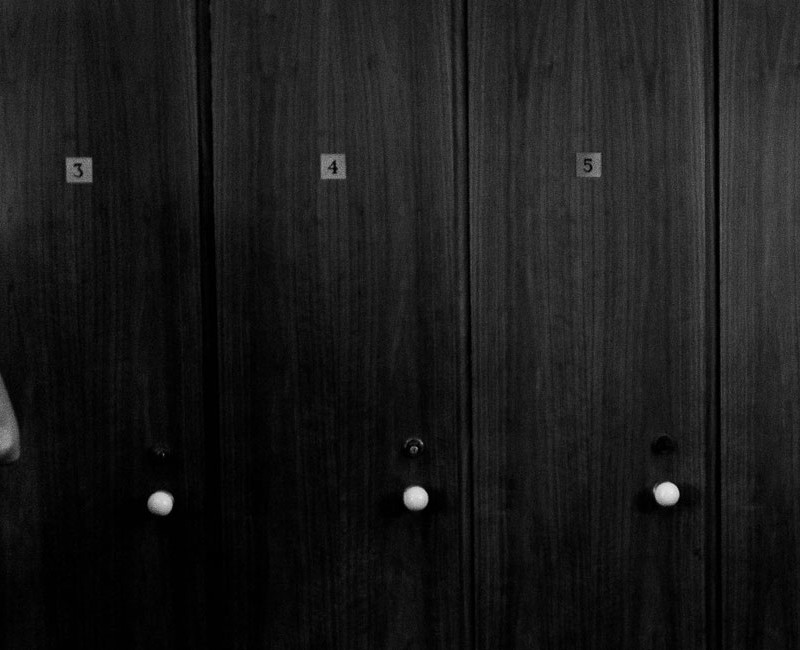
Mozart, Schumann y Dvořák con la Orquesta Sinfónica de San Francisco
oct 15, 2016
Este mes, Pablo Heras-Casado continuará viajando por California, donde volverá a dirigir a la Orquesta Sinfónica de San Francisco en una serie de cuatro conciertos. Las funciones serán los días 19, 20, 21 y 22 de octubre en la Davies Symphony Hall, y el programa incluirá la Sinfonía No. 29 en La mayor, K. 201, de Mozart; el Concierto para Violonchelo en La menor, Op. 129 de Schumann con Alisa Weilerstein como solista; y la Sinfonína No. 7 en Re menor, Op. 70, de Dvořák.
Recientemente, Heras-Casado y Weilerstein han grabado un CD bajo la firma DECCA Classics que incluye los Conciertos para Violonchelo Nos. 1 y 2 de Shostakovich – puede escuchar una muestra y adquirir una copia en este enlace
Entrevista / SFSymphony.org (en inglés)
Pablo Heras-Casado: The View From the Summit
“To shape a big symphony, to reach the climax of a large work, is like going to the top of the mountain.» – Pablo
Half an hour from Pablo Heras-Casado’s home in Granada, you’ll find Spain’s tallest mountain. It’s called Mulhacén, and each year, the award-winning conductor climbs the 3500 meters (about 12,000 feet) to the top. “When you get up that high,” he says, “there are no trees, no animals, even – just the wind. And your breath. And your heartbeat. It’s very purifying.”
If this sounds like the ultimate get-away-from-it-all experience, remember that at those altitudes, one wrong step can make it “ultimate” in a very different, more literal sense. But Heras-Casado finds that as different as the annual climb is from his day job, there are connections: “In some ways it is a ritual,” he explains. “Just like when you are conducting, many levels of your self are involved – the physical, of course, but also the mental and emotional levels; and both require a deep concentration.”
Fortunately, Heras-Casado has had no missteps in his mountaineering adventures; and in a curious way, it may even serve as a metaphor for his rise through the conducting ranks. He made his US debut in 2008, and only five years later was named Musical America’s Conductor Of The Year. He has also become a frequent and welcome guest in San Francisco. After six consecutive seasons of appearing with the SFS, Heras-Casado calls the orchestra “one of my top priorities,” and this year’s return reflects his growing relationship with them. “These events are special for me,” he says, “because the orchestra is one of the few places in the world that offers me the freedom and flexibility to take risks and challenge the players and the audience.”
Returning to San Francisco for a week of performances featuring Dvořák’s Symphony No. 7 and Mozart’s Symphony No. 29, Heras-Casado is looking forward to returning to what he carefully calls “one of my favorite places in the world.”
Read the entire feature at SFSymphony.org

